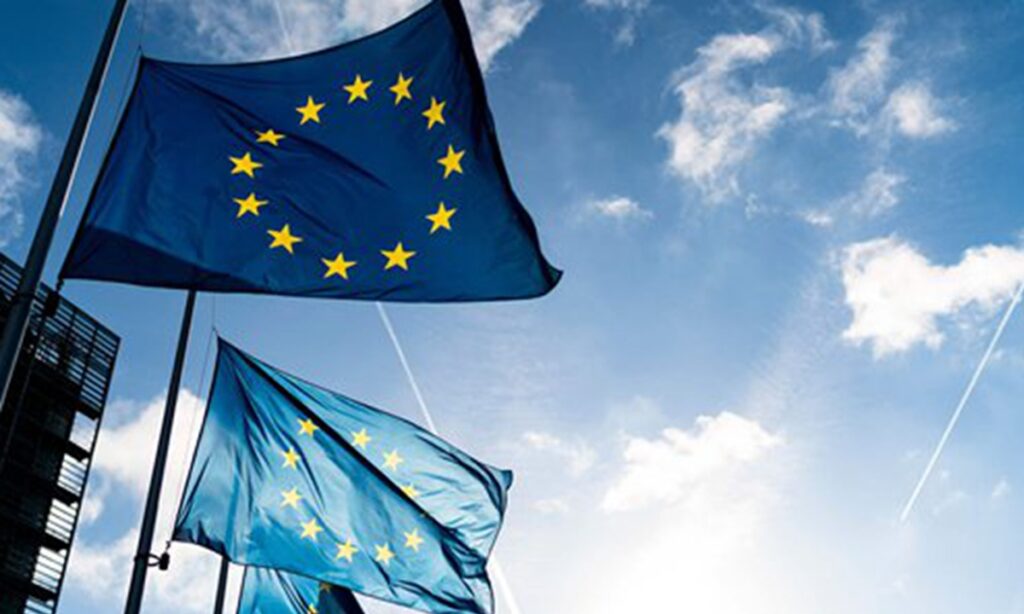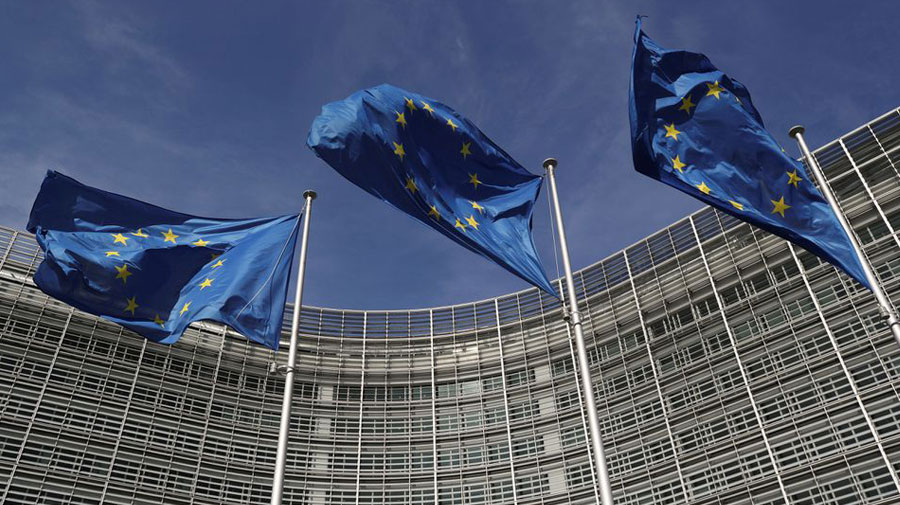The European Union has announced a provisional agreement to strengthen anti-money laundering (AML) regulations, with a particular emphasis on the crypto sector.
The proposed restrictions, which were announced in a recent press release, include stringent measures such as know-your-customer (KYC) checks on transactions exceeding €1,000, even if they involve self-hosted wallets.
Key regulatory changes suggest that crypto-asset service providers (CASPs) must conduct due diligence on customers involved in transactions worth €1,000 or more.
Further, the rules are specifically aimed at self-hosted crypto wallets to mitigate perceived risks associated with transactions through them.
Also, the new regulations are part of a broader EU AML package aimed at closing existing loopholes used by money launderers.
Outside of the crypto sector, the package imposes a €10,000 limit on cash transactions and requires identification for transactions ranging from €3,000 to €10,000.
The emphasis on CASPs and self-hosted wallets suggests a deliberate attempt to put pressure on decentralized finance protocols used in non-custodial settings.
EU authorities hope to improve oversight of public blockchains and cross-border cryptocurrency transactions by tightening KYC and due diligence requirements.
The provisional agreement strengthens regulations for identifying beneficial ownership and emphasizes transparency.
The EU Council and Parliament’s agreement states that beneficial ownership is determined by two critical components: ownership and control. Individuals must have a 25% ownership rate to qualify as beneficial owners.


